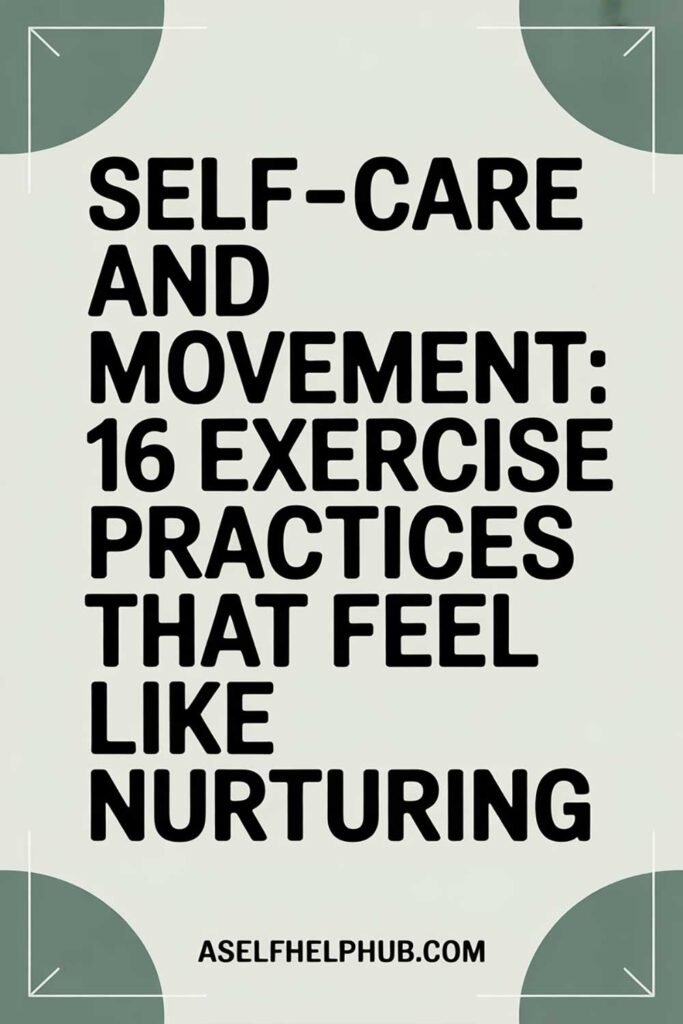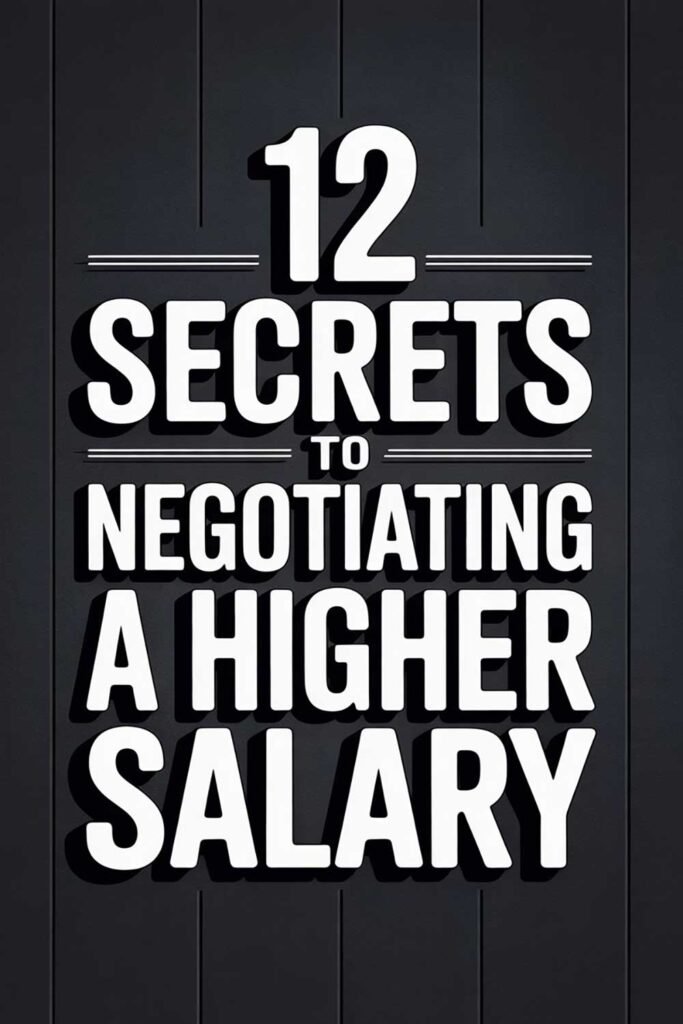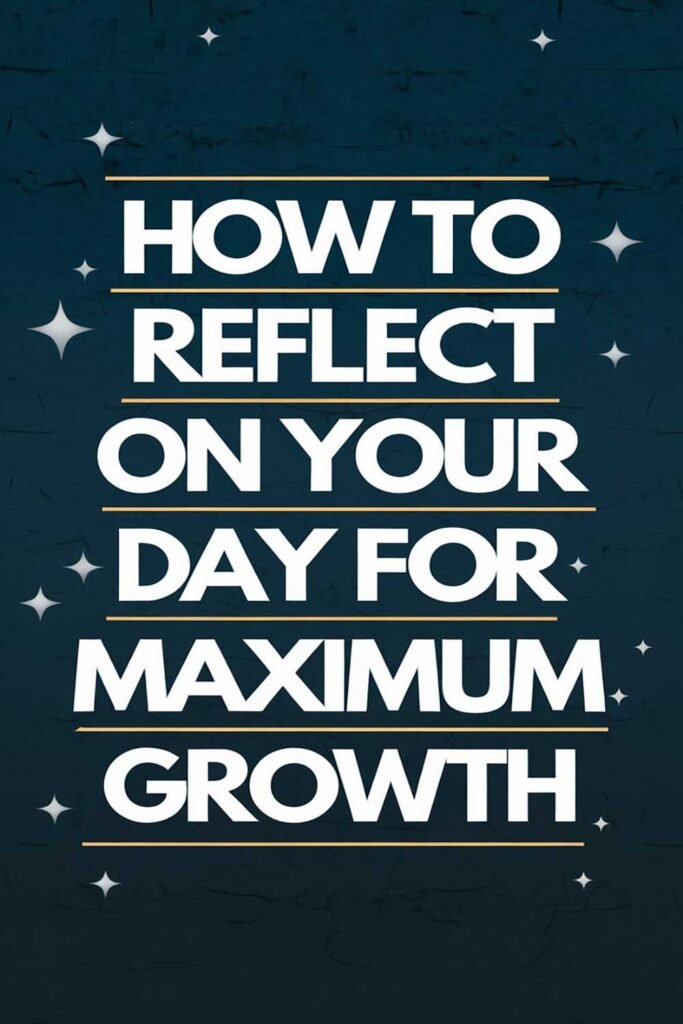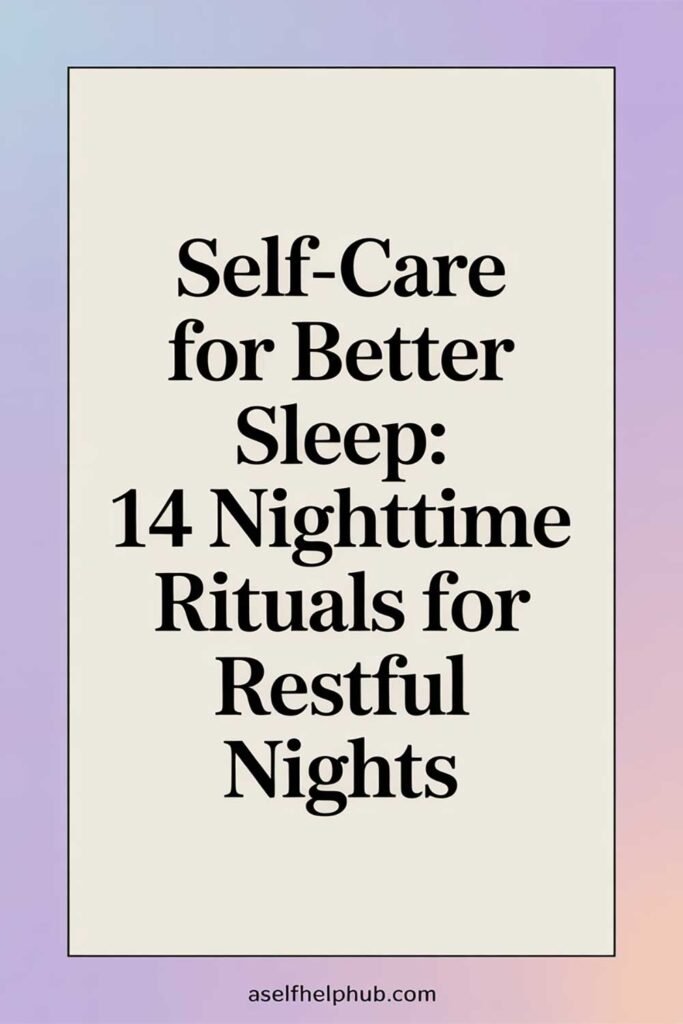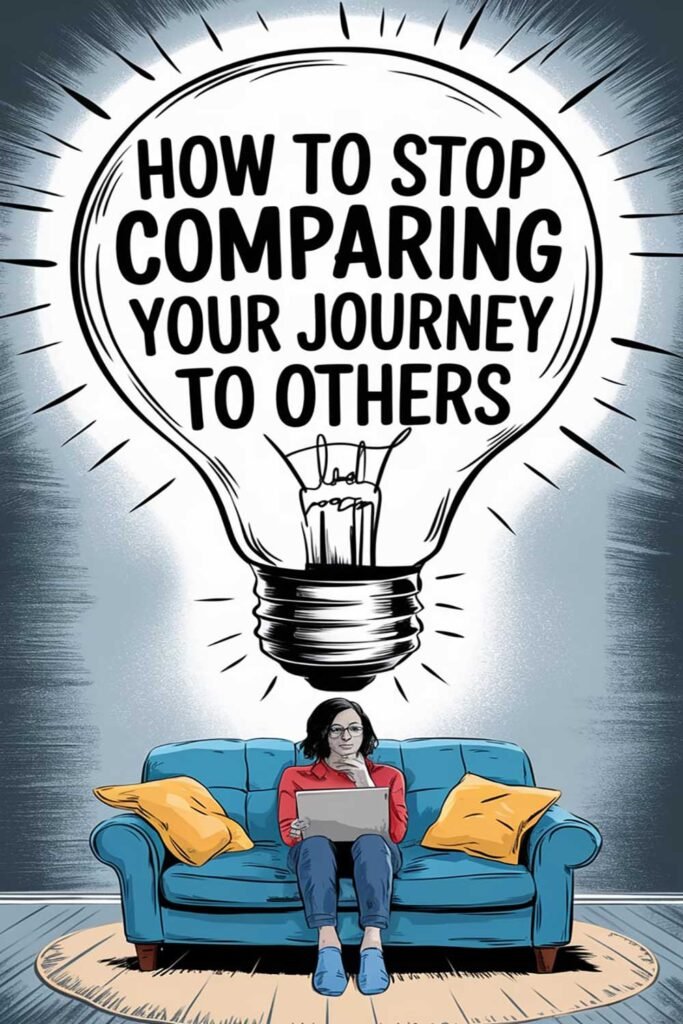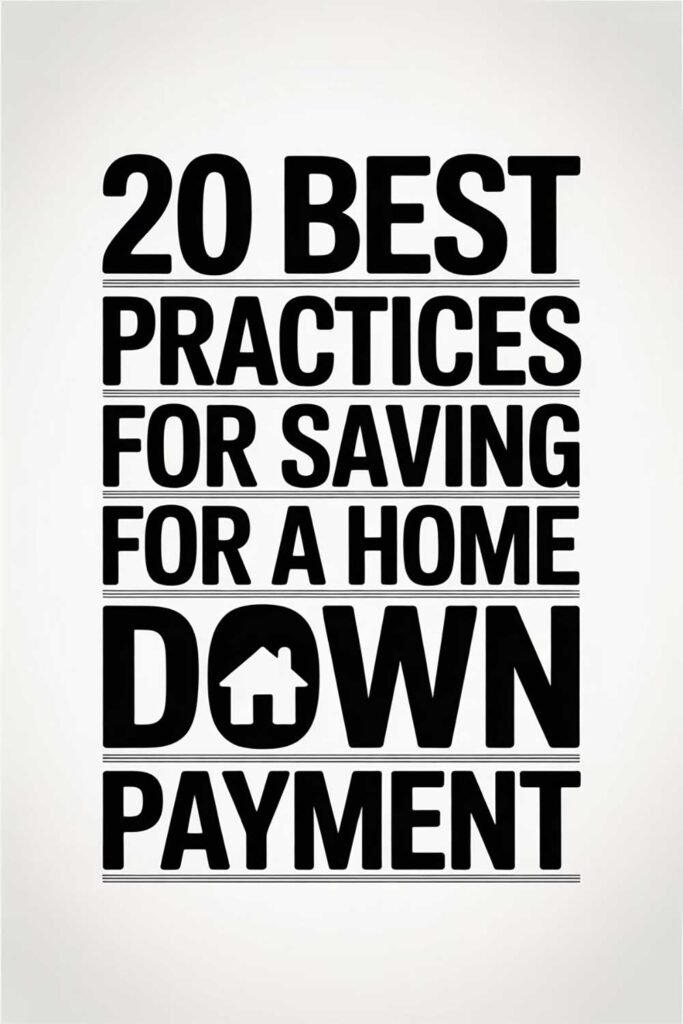The Science Behind Self-Care: Why It’s Not Selfish
In today’s hustle-driven culture, self-care is often dismissed as a luxury or even worse — as selfish. But the truth is, self-care is science-backed, essential, and one of the most selfless acts you can commit to. Taking care of yourself doesn’t just help you feel better — it improves your health, sharpens your mind, deepens your relationships, and equips you to better serve others.

If you’ve ever felt guilty for resting, turning down invitations, or investing in your well-being, this article is for you. Let’s dive deep into the science behind self-care, why it’s necessary, and how embracing it can radically change your life.
What Is Self-Care, Really?
Self-care isn’t all bubble baths and spa days (though those are nice too). It’s the deliberate practice of taking care of your physical, mental, emotional, and spiritual well-being.
It includes:
- Eating nourishing foods
- Getting enough sleep
- Saying “no” when needed
- Moving your body regularly
- Creating emotional boundaries
- Seeking support and rest
Self-care is proactive, not reactive. It’s about prevention, resilience, and sustainability.
The Neuroscience of Self-Care
Your brain is directly affected by how well you care for yourself. Research shows that activities like sleep, exercise, and mindfulness reduce cortisol levels (the stress hormone), boost dopamine and serotonin (feel-good chemicals), and improve memory and focus.
Chronic stress without recovery leads to burnout, anxiety, and even physical illness. Self-care breaks that cycle.
- Exercise: Increases brain-derived neurotrophic factor (BDNF), improving mood and brain function.
- Sleep: Allows for memory consolidation and emotional processing.
- Mindfulness: Reduces activity in the amygdala (fear center), increasing calm.
Why Self-Care Is Not Selfish
1. It Makes You More Effective
When you’re rested, nourished, and mentally clear, you make better decisions, respond calmly to stress, and work more productively.
Real-Life Example: Michelle, a working mom, began setting aside 15 minutes a day for herself. That small investment led to lower anxiety, better focus at work, and more patience with her kids.
2. It Improves Relationships
Burnt-out people often lash out, shut down, or withdraw. Self-care replenishes your capacity to connect, empathize, and communicate.
Real-Life Example: Derek used to feel guilty about taking time for himself. But once he started morning walks, his mood improved — and his marriage became more peaceful and connected.
3. It Sets a Powerful Example
Practicing self-care shows others that they matter too. Kids, coworkers, and loved ones learn that it’s okay to rest and prioritize well-being.
Real-Life Example: Linda started journaling at night instead of scrolling on her phone. Her teenage daughter joined her — and their bond deepened through shared reflection.
4. It Prevents Burnout
Burnout is not a badge of honor — it’s a warning sign. Self-care is how you stay in the game for the long haul.
Real-Life Example: Carlos, a nurse, used to feel guilty for taking breaks. After hitting burnout, he committed to weekly therapy and nature time. He now thrives in both work and life.
The Science of Saying “No”
Saying “no” is a vital part of self-care. It protects your time, energy, and emotional bandwidth. Neurologically, every time you override your own needs to please others, your stress hormones spike.
Healthy boundaries are essential for:
- Reducing emotional exhaustion
- Preventing resentment
- Honoring your values
Emotional Regulation Through Self-Care
Practices like deep breathing, yoga, journaling, and meditation help regulate the nervous system. They increase activity in the prefrontal cortex (your logical brain) and reduce overactivation of the amygdala (your panic button).
These changes are measurable through brain scans — it’s not just anecdotal.
Self-care helps you shift from reactive to responsive.
How to Build a Personalized Self-Care Plan
- Identify Your Needs: Physical? Emotional? Social? Creative?
- Choose Simple Daily Habits: Start small — even 5 minutes counts.
- Schedule It: Put it on your calendar like a meeting.
- Honor It: Don’t cancel on yourself.
- Reflect Regularly: What’s working? What needs adjusting?
Self-Care for Different Life Roles
- Parents: Prioritize solo time, even if it’s 10 minutes
- Professionals: Take regular breaks and protect weekends
- Students: Balance study with movement and unplug time
- Caregivers: Seek support groups and respite care
20 Quotes That Prove Self-Care Isn’t Selfish
- “Self-care is not a waste of time; self-care makes your use of time more sustainable.” – Jackie Viramontez
- “You can’t pour from an empty cup. Take care of yourself first.” – Unknown
- “Taking care of yourself doesn’t mean me first. It means me too.” – L.R. Knost
- “Rest and self-care are so important. When you take time to replenish your spirit, it allows you to serve others from the overflow.” – Eleanor Brownn
- “Almost everything will work again if you unplug it for a few minutes, including you.” – Anne Lamott
- “Nurturing yourself is not selfish — it’s essential to your survival and your well-being.” – Renee Peterson Trudeau
- “Self-care is giving the world the best of you, not what’s left of you.” – Katie Reed
- “Caring for myself is not self-indulgence, it is self-preservation.” – Audre Lorde
- “Love yourself enough to set boundaries.” – Unknown
- “When you say ‘yes’ to others, make sure you’re not saying ‘no’ to yourself.” – Paulo Coelho
- “Self-care is how you take your power back.” – Lalah Delia
- “It’s not selfish to do what’s best for you.” – Mark Sutton
- “Taking care of yourself is the most powerful way to begin to take care of others.” – Bryant McGill
- “You owe yourself the love you so freely give to others.” – Unknown
- “Self-compassion is simply giving the same kindness to ourselves that we would give to others.” – Christopher Germer
- “Balance is not better time management, but better boundary management.” – Betsy Jacobson
- “You deserve the same care and attention that you give to others.” – Unknown
- “Self-care is not a reward. It’s part of the process.” – Unknown
- “The time to relax is when you don’t have time for it.” – Sydney J. Harris
- “Burnout happens when you avoid being human for too long.” – Unknown
Picture This
Picture waking up feeling refreshed, not rushed. Your day begins with intention — maybe a few deep breaths, a walk, or journaling. You go about your responsibilities with more focus, more patience, more calm. You say “yes” to what aligns, and “no” to what drains. You’re not running on empty — you’re living from overflow.
Now picture the ripple effect: healthier relationships, more creativity, better health, and greater peace. Self-care isn’t selfish — it’s your secret weapon.
How would your life change if you treated your well-being as a priority instead of an afterthought?
Share This Article
If this article helped shift your view of self-care, please share it with someone who needs a reminder that their needs matter too. Share it on social media or send it to a friend — because permission to rest can change lives.
Disclaimer
This article is for informational purposes only and reflects personal experience and scientific research. It is not a substitute for professional medical, psychological, or therapeutic advice. Always consult with a qualified health provider for any personal concerns.

